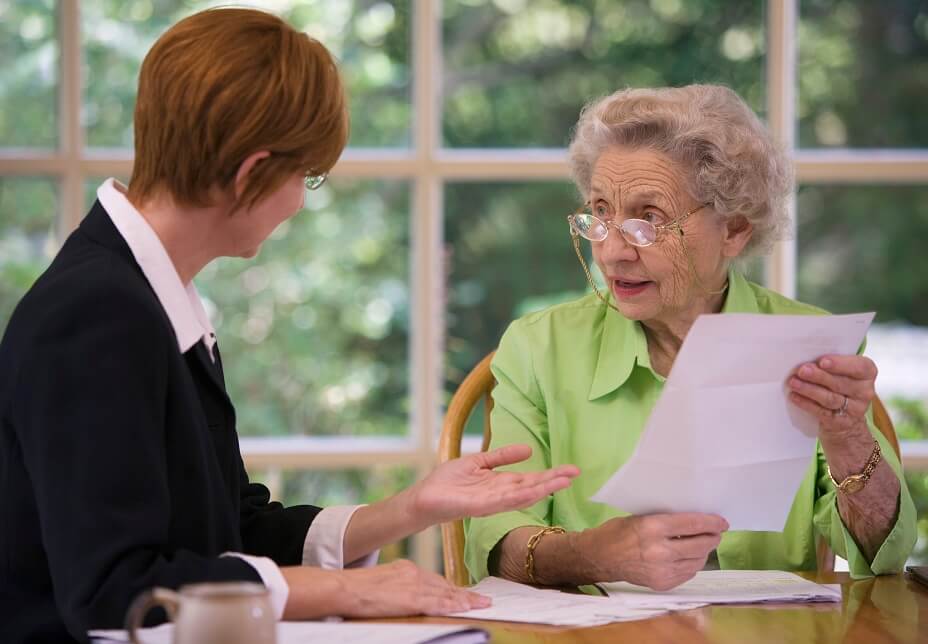
What is a Lasting Power of Attorney?
A Lasting Power of Attorney (LPA) is a legal document that enables individuals (known in this process as ‘the donor’) to appoint someone to make decisions about their welfare, money or property, either now or in the future. We therefore advise that everybody should consider making LPAs, irrespective of their age or health as an accident or illness could happen to anyone at anytime.
There are two different types of LPAs:
- Health and Welfare
- Property and Financial Affairs
Health and Welfare LPAs
A Health and Welfare LPA enables individuals to choose one or more people, known as Attorneys to make decisions for them relating to their health and personal welfare in the event of them becoming mentally incapable. Attorneys can make decisions on the following:
- their daily routine, for example washing, dressing and eating;
- where they live or moving into a care home;
- their medical treatment:
- A Health and Welfare LPA also enables individuals to empower their attorneys to give or refuse life sustaining treatment on their behalf, if they so choose.
Such an LPA can only be used once it has been registered at the Office of the Public Guardian and the individual concerned has become mentally incapable of making their own decisions.
Property and Financial Affairs Lasting Powers of Attorney
A Property and Financial Affairs LPA enables an individual to appoint someone to manage their property and financial affairs at a time when they are no longer physically able to or lack the mental capacity to do so.
As with the Health and Welfare LPA, a Property and Financial Affairs LPA can only be used once the form has been registered at the Office of the Public Guardian. However, this can be used even if the individual still has mental capacity.
It allows an Attorney to make the following decisions:
- managing a bank or building society account
- paying bills
- collecting benefits or a pension
- selling your home
Why should I do a Lasting Power of Attorney?
- You can name the person you want to act as your attorney, whereas if you are incapacitated without an LPA, decision-making responsibilities could be awarded to anyone by the Court of Protection. This could be panel solicitor who does not know you or it could be a family member who you would not have chosen yourself.
- You can be specific about what you want to happen. For example, you can choose someone to help with your finances but say that you want to continue to deal with your affairs in general.
- If you want to limit your attorney’s powers, you can do this by clearly stating limitations on the LPA. However, you cannot change the LPA if you lose mental capacity.
- You can grant rights to several different attorneys if you want, who can make decisions together or separately. If each has individual decision-making responsibility, this also ensures you still have representation if one of your attorneys dies.
- Your attorneys can’t just give away all of your money. Financial gifts are capped, and a court order will be needed to approve more sizeable gifts of your money to other people. Similarly, professional financial advice must be sought before your attorney can make investment decisions on your behalf.
- The Court of Protection can revoke LPAs and can be asked to rule on their validity. Meanwhile, the Office of the Public Guardian can be contacted when incidences of abuse by attorneys are suspected, or if they do not appear to be acting in the best interests of the individual.
- The Court of Protection exists to make sure your family gets the access to your finances that they need if you are incapacitated, but without an LPA that can take a long time to put into place, which can leave your loved ones to face hardship in the meantime.
- If something happens to you that does not kill you but leaves you incapable of communicating your wishes then a Lasting Power of Attorney is the best way to make sure that your interests are protected from the moment you are incapacitated until your death.
If you want to discuss making a Lasting Power of Attorney, contact Battrick Clark on [email protected] or give us a call on 0117 973 1391 and we can guide you through the process.